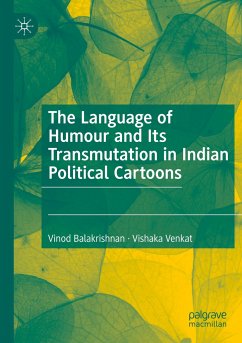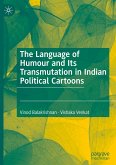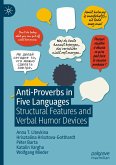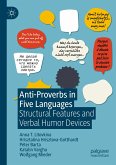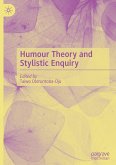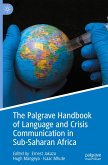This book develops a model to examine the language of humour, which is multimodal and accounts for the possibility of transmutation of humour as it is performed through editorial cartoons. By transmutation is meant the transition in the language of humour when it crosses its own boundaries to provoke unprecedented reactions resulting in offensiveness, disappointment or hurt sentiment. The transmutability about the language of humour points to its inherently diabolical nature which manifests in the performance of controversial cartoons. The model is built by borrowing theoretical cues from Roman Jakobson, Roland Barthes, George Lakoff and Mark Johnson. The integrated model, then, is developed to examine the cartoons which were recommended for deletion by the Thorat Committee, following a cartoon controversy in India. Through the cartoon analysis, the model discerns the significance of context and temporality in determining the impact of humour. It also examines how the ethics of humour;the blurred lines of political correctness and incorrectness are dictated by the political atmosphere and the power dynamics.
Bitte wählen Sie Ihr Anliegen aus.
Rechnungen
Retourenschein anfordern
Bestellstatus
Storno

